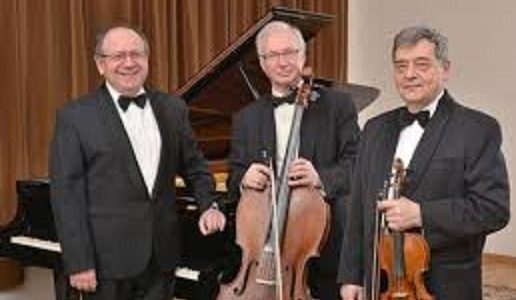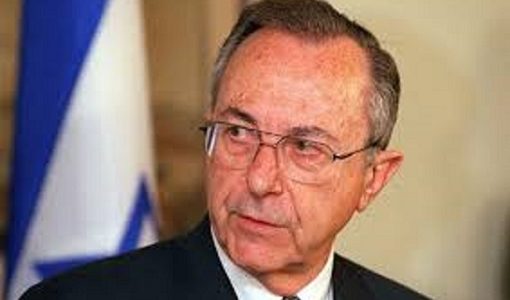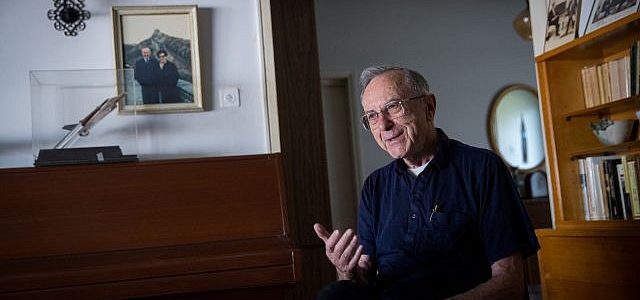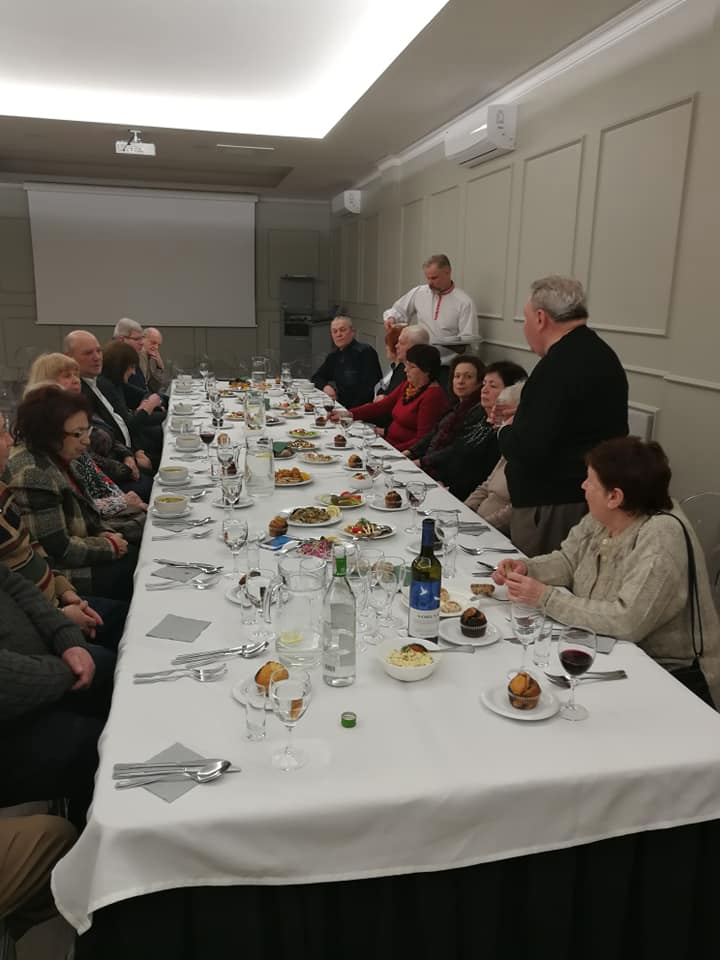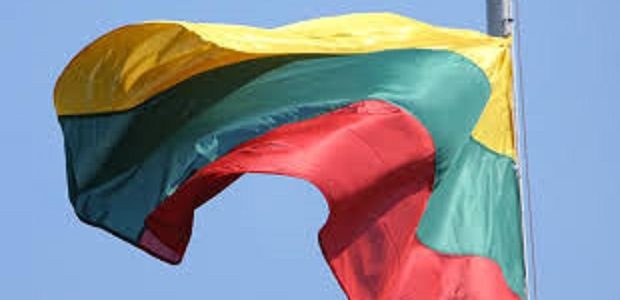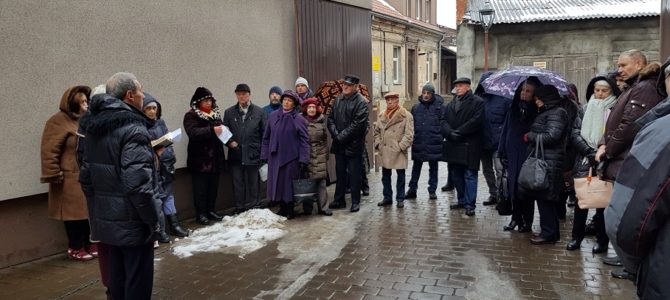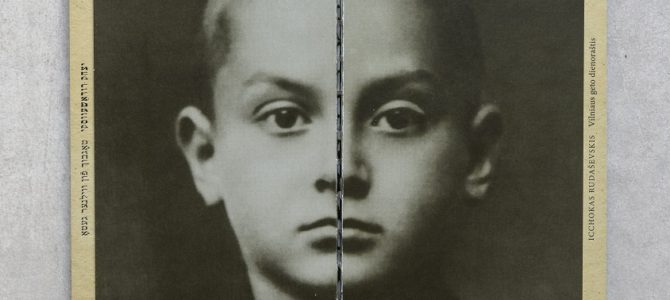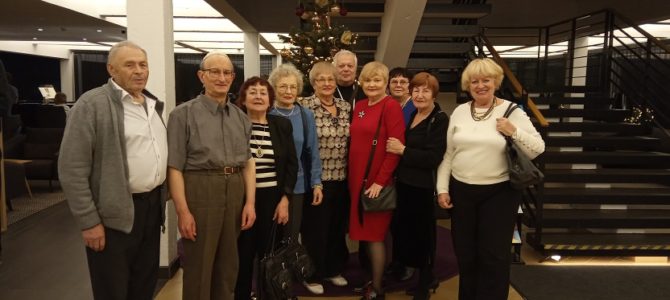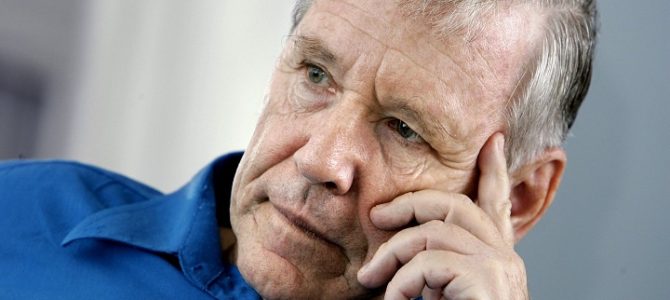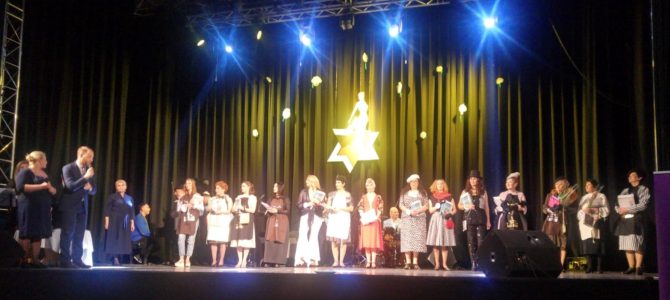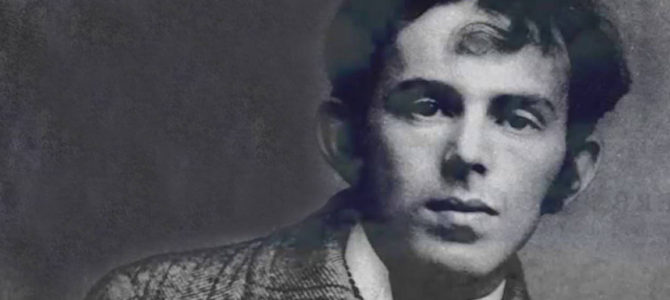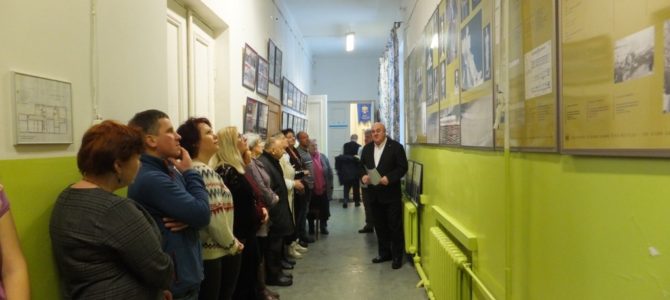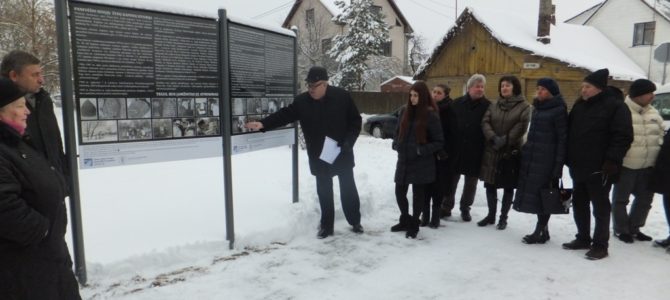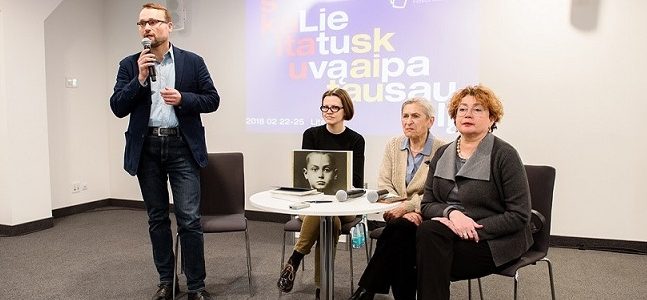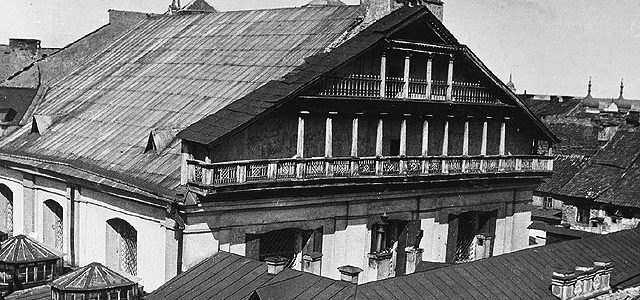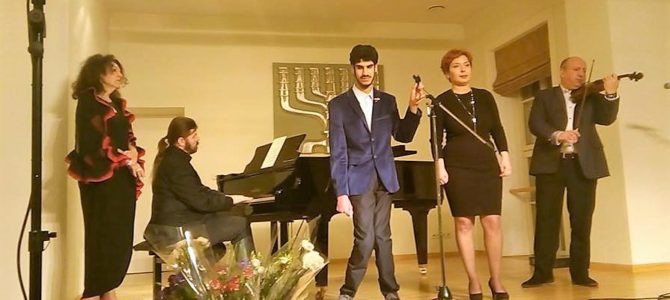A meeting of the board of the Goodwill Foundation has resolved to fund the most significant Lithuanian Jewish projects, approved spending limits for 2019 and planned the 2019 budget for administrative costs for the foundation.
One of the more interesting projects is on-going archaeological exploration of the Great Synagogue site in Vilnius. There is also a project to commemorate the Jurbarkas synagogue with a statue by the sculptor Dovydas Zundelovičius. The foundation will also remember conductor, teacher and professor Saulius Sondeckis with the publication of a monograph.
The Goodwill Foundation board also addressed the issue of ownership of the former Tarbut gymnasium building at Pylimo street no. 4 in Vilnius, the headquarters of the Lithuanian Jewish Community.
Full text here.


